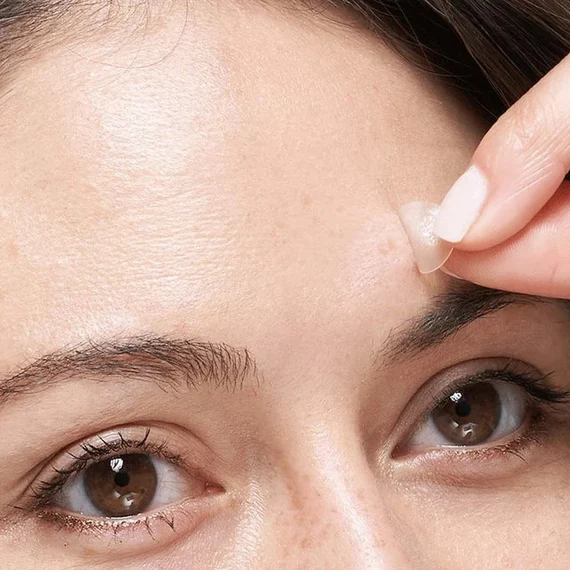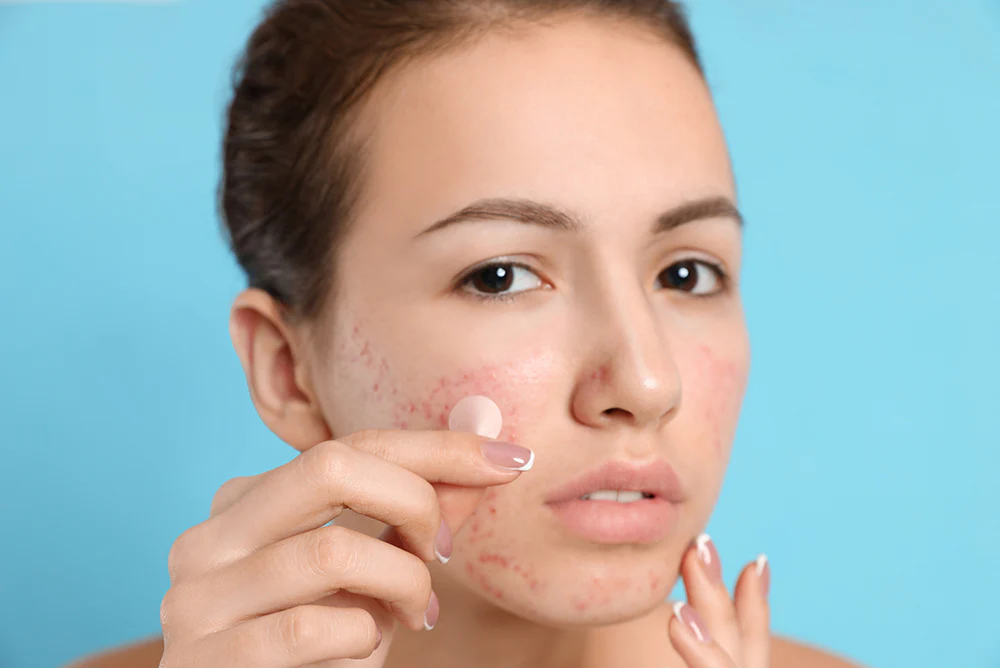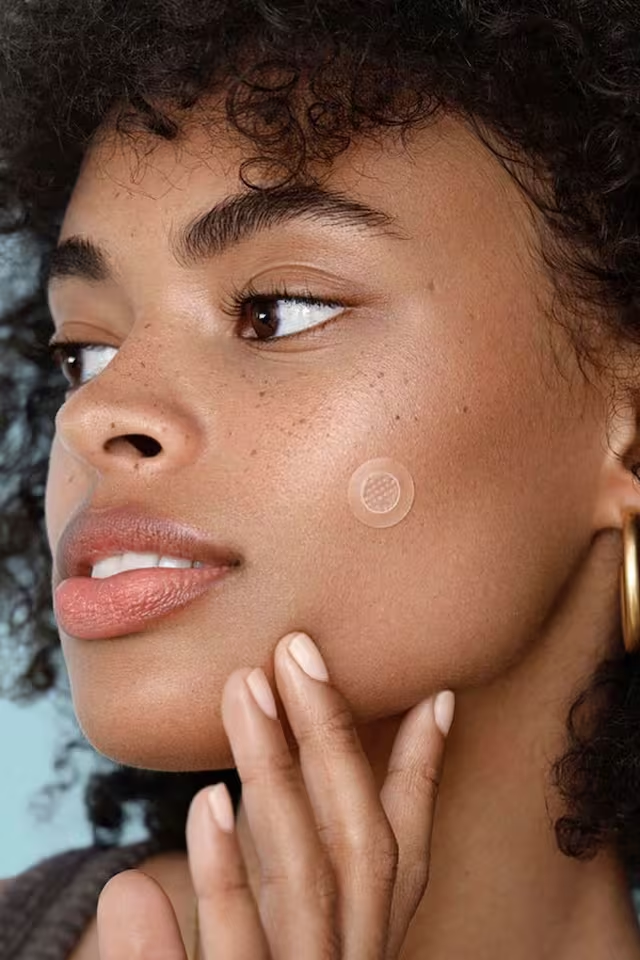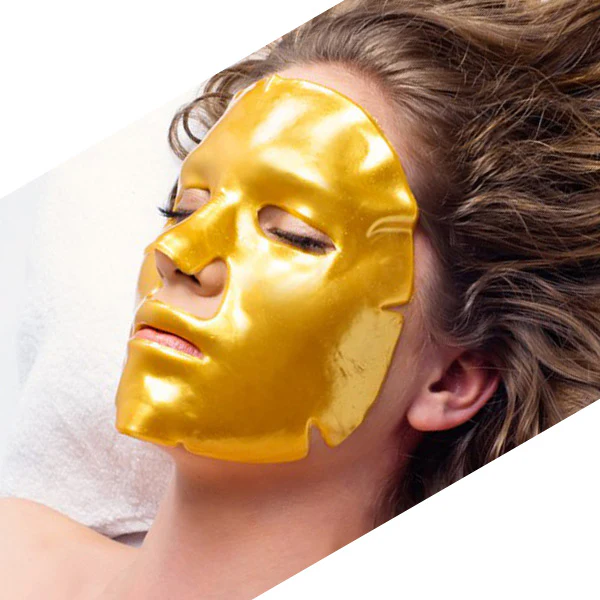
Are Pimple Patches Good
Pimple Patch Perfection: Are These Blemish Busters Worth the Hype?
Acne can be a frustrating, confidence-depleting condition. Traditional treatments often come with their own set of challenges, from drying out the skin to causing irritation. Enter pimple patches – discreet, targeted solutions that promise to heal blemishes without the hassle. But are these unassuming stickers truly as effective as they claim? This blog delves into the science, benefits, and potential drawbacks of pimple patches, helping you decide if they’re worth incorporating into your skincare routine.
The Acne Affliction
Acne affects millions worldwide, stemming from a complex interplay of hormones, excess oil production, clogged pores, and bacterial overgrowth. Pimples, the visible manifestation of acne, can range from whiteheads and blackheads to painful, inflamed cysts, causing both physical discomfort and emotional distress.
Traditional Acne Treatments: Pros and Cons
Conventional acne treatments often involve topical medications like benzoyl peroxide, salicylic acid, and retinoids. While these ingredients can effectively unclog pores, reduce inflammation, and promote cell turnover, they also come with potential drawbacks. Dryness, irritation, sun sensitivity, and skin purging are common side effects, making the journey to clear skin a bumpy ride.
The Pimple Patch Promise
Pimple patch offer a targeted, non-irritating approach to tackling individual blemishes. These small, adhesive stickers contain various active ingredients that work synergistically to address different stages of a pimple’s life cycle, promising to heal blemishes quickly and discreetly.
The Science Behind Pimple Patches
Pimple patches are typically made from hydrocolloid dressings, a material commonly used in wound care. This breathable, absorbent material creates a protective barrier over the blemish, shielding it from external aggressors like dirt, bacteria, and friction, preventing further infection or irritation.
Key Benefits of Pimple Patches
- Targeted Treatment: Many pimple patches contain acne-fighting ingredients like salicylic acid, tea tree oil, or benzoyl peroxide. These potent actives are delivered directly to the blemish, ensuring maximum efficacy while minimizing the risk of dryness or irritation to the surrounding skin.
- Absorption and Healing: The hydrocolloid material in patches absorbs excess fluid and pus, promoting faster healing and reducing the risk of scarring.
- Anti-Inflammatory Properties: Inflamed pimples can be painful and unsightly. Pimple patches often incorporate soothing, anti-inflammatory agents like centella asiatica, niacinamide, or calamine, helping to reduce redness, swelling, and discomfort.
- Concealment and Confidence: Beyond their functional benefits, pimple patches offer a discreet cosmetic solution. Their hydrocolloid material blends seamlessly with the skin, providing a smooth, translucent surface that camouflages the appearance of blemishes, boosting confidence and allowing users to go about their day without feeling self-conscious.
- Overnight Healing: While pimple patches can be worn during the day, their benefits are often amplified when used overnight. As you sleep, the active ingredients continue to work their magic, and the protective barrier prevents further irritation from friction or picking.
Potential Drawbacks of Pimple Patches
While pimple patches offer many advantages, it’s important to consider potential drawbacks:
- Limited Area of Application: Pimple patches are designed to target individual blemishes, making them less effective for widespread or severe acne.
- Adhesion Issues: Some users may experience difficulty getting the patches to adhere properly, especially in areas with more movement or oil production.
- Skin Sensitivity: While generally well-tolerated, some individuals may experience irritation or allergic reactions to certain ingredients in pimple patches.
- Cost: Depending on the brand and quantity, pimple patches can be more expensive than traditional acne treatments, especially when used frequently.
Finding the Right Patch for Your Needs
Pimple patches come in various forms, catering to different blemish types and individual preferences:
- Hydrocolloid patches: Absorb fluid and promote healing, ideal for whiteheads and cystic acne.
- Medicated patches: Infused with acne-fighting ingredients like salicylic acid or tea tree oil, targeting the root cause of blemishes.
- Invisible patches: Ultra-thin and translucent for discreet daytime wear.
- Nighttime patches: Thicker and more absorbent for overnight use.
When selecting a pimple patch, consider the severity and stage of your blemish, as well as your skin’s sensitivity.
Proper Application Techniques
To maximize the benefits of pimple patches, follow these application tips:
- Cleanse the area thoroughly
- Gently pat dry
- Apply the patch directly over the blemish
- Press firmly to ensure adhesion
- Leave on for the recommended duration (typically 6-12 hours)
- Discard used patches and replace as needed
Integrating Pimple Patches into Your Routine
Pimple patch can be seamlessly incorporated into your existing skincare regimen. Use them as a spot treatment alongside your regular cleansers, serums, and moisturizers. However, avoid applying additional acne products directly over the patch, as this may cause irritation.
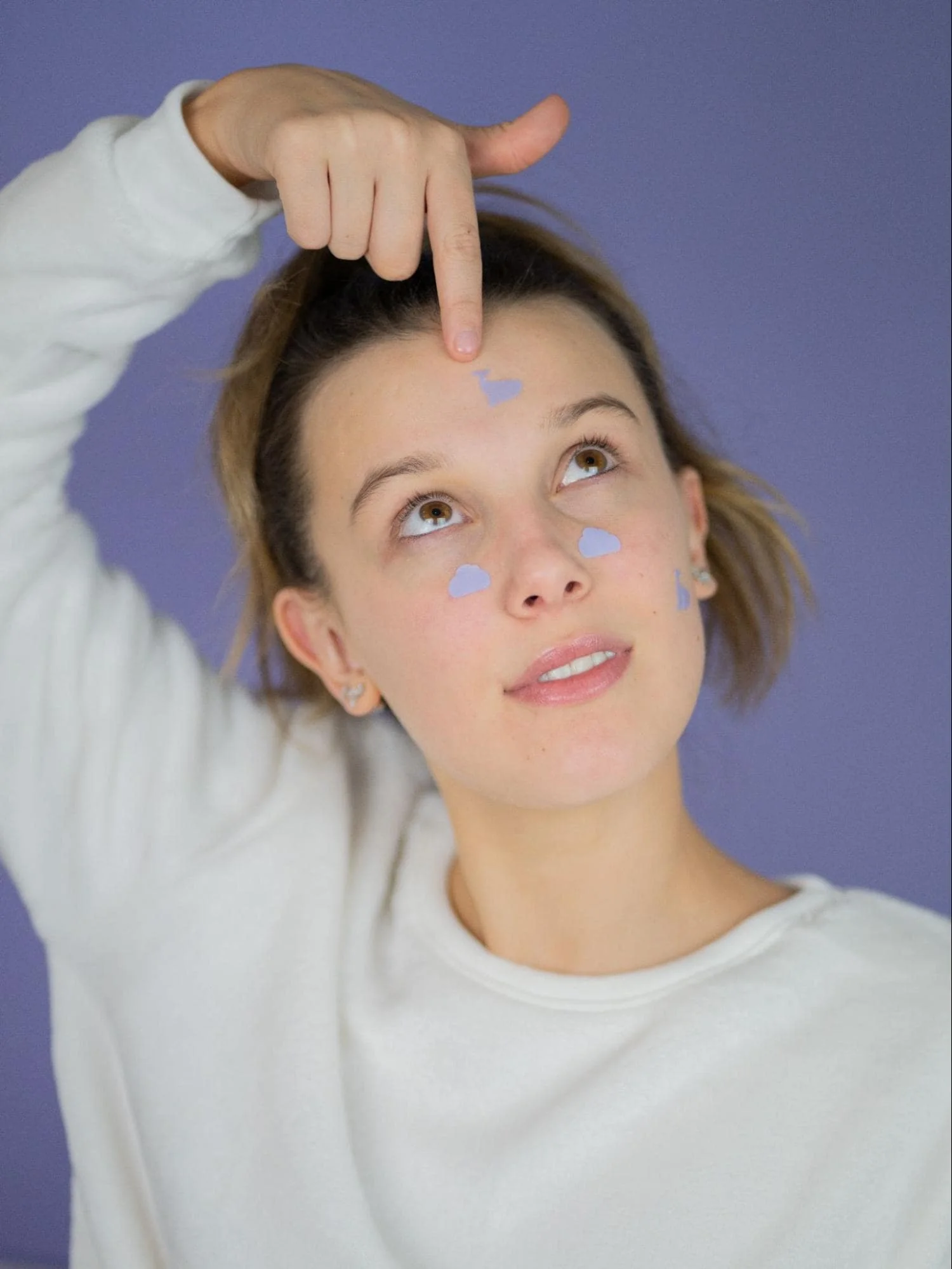
Are Pimple Patches Right for You?
Determining whether pimple patches are a good fit for your skin concerns involves considering several factors:
- Acne Severity: Pimple patches are best suited for occasional breakouts or individual blemishes. For widespread or severe acne, they may be more effective as a supplementary treatment rather than a standalone solution.
- Skin Sensitivity: Those with highly sensitive skin may need to exercise caution and carefully assess the ingredients in pimple patches to avoid potential irritation.
- Lifestyle and Convenience: Pimple patch offer a discreet, mess-free option for those on the go or in situations where traditional acne treatments may be inconvenient or impractical.
- Personal Preferences: Some individuals may prefer the targeted approach of pimple patch over traditional all-over treatments, while others may find the application and removal process cumbersome.
Pimple Patch Precautions
While generally safe and well-tolerated, it’s essential to exercise caution when using pimple patch:
- Avoid using on broken or severely inflamed skin
- Discontinue use if irritation or allergic reactions occur
- Follow the manufacturer’s instructions carefully
- Seek professional advice for persistent or severe acne
Embracing Pimple Patches with Realistic Expectations
Pimple patch offer a convenient, targeted solution for those seeking relief from occasional breakouts. By protecting, healing, and concealing blemishes, these unassuming stickers have revolutionized the way we approach acne care. However, it’s crucial to embrace them with realistic expectations – they are not a cure-all for acne but rather a valuable addition to a comprehensive skincare routine.
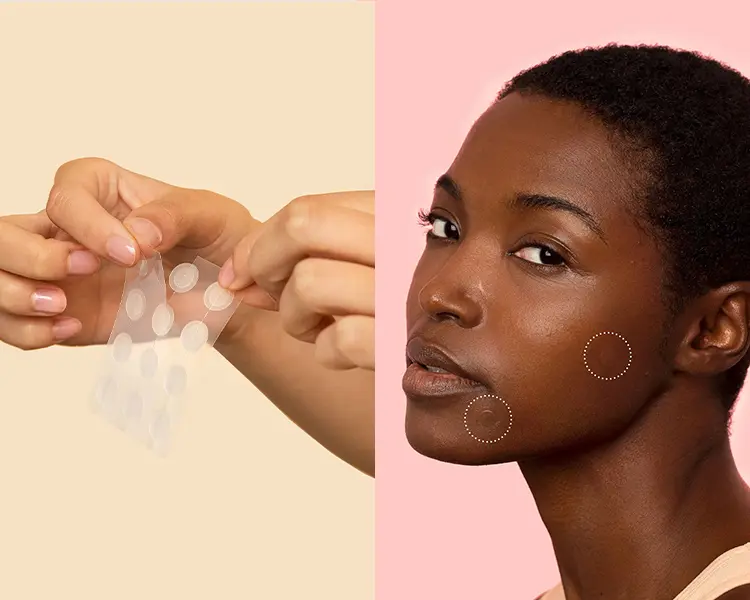
Combining Pimple Patches with a Holistic Approach
While pimple patch provide targeted relief, a holistic approach to acne management yields the best results. Combine these handy stickers with a balanced diet, stress management techniques, and a consistent skincare routine tailored to your individual needs.
The Future of Pimple Patches
As skincare technology continues to evolve, pimple patches are poised to become even more advanced and effective. Expect to see innovations in ingredient delivery systems, customizable formulations, and even patches that track healing progress using sensor technology.
Empowering Confidence, One Blemish at a Time
Pimple patch represent more than just a skincare solution; they symbolize the power of self-care and confidence. By taking control of your skin’s journey, you reclaim the freedom to embrace your natural beauty, blemishes and all. Embrace these versatile tools as part of your acne-fighting arsenal, but remember that true beauty radiates from within, regardless of the occasional pimple.
More Stories
The Ultimate Christmas Skincare Guide: Hydration is Key
The Ultimate Christmas Skincare Guide As Christmas approaches, the excitement of the season fills the air. Bright lights, festive decorations,...
Best Skin Tightening Cream for Face and Neck
The Ultimate Guide to the Best Skin Tightening Cream for Face and Neck As people age, skin loses its youthful...
The Benefits of Retinol Cream for the Face
The Benefits of Retinol Cream for the Face Retinol cream for the face has gained immense popularity in recent years....
The Benefits of Estriol Face Cream for Skin Health
The Benefits of Estriol Face Cream for Skin Health The pursuit of youthful and glowing skin drives many individuals to...
The Ultimate Guide to Eczema Face Cream for Optimal Skin Care
The Ultimate Guide to Eczema Face Cream for Optimal Skin Care Eczema is a common skin condition that affects millions...
Best Face Cream for Women: A Comprehensive Guide
Best Face Cream for Women: A Comprehensive Guide Finding the best face cream for women can feel overwhelming. With countless...
